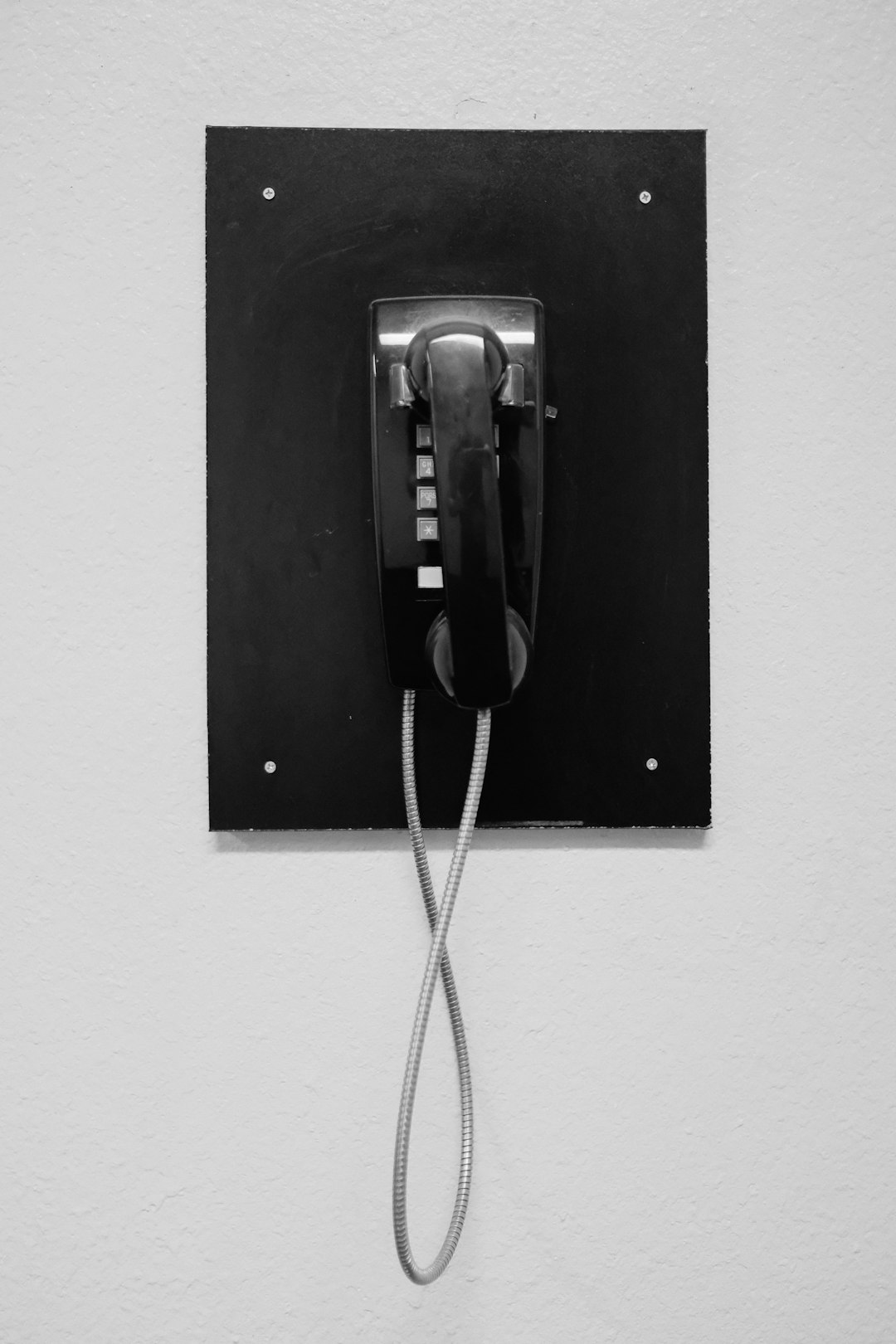Illinois' Do Not Call law protects residents from unwanted telemarketing calls, with registration on a state list prohibiting business solicitations for five years. Despite this, repeat offenders can be identified and punished by consulting a lawyer for Do Not Call Laws Illinois, who can file complaints, represent in court, and seek justice for persistent harassment.
Tired of unwanted calls from persistent telemarketers? Illinois’ Do Not Call laws offer protection, but repeat offenders can still find ways around them. This guide navigates the intricate legal landscape, equipping you with knowledge to identify and combat relentless sales calls. We explore strategies, from understanding your rights to taking official action, culminating in the pivotal role a lawyer for Do Not Call Laws Illinois can play in securing peace and quiet.
Understanding Illinois Do Not Call Laws

In Illinois, the Do Not Call law is designed to protect residents from unwanted telemarketing calls. The law, administered by the Illinois Attorney General’s Office, allows individuals to register their phone numbers on a state-wide “Do Not Call” list. This list prohibits businesses and organizations from making telephone solicitations to registered numbers for a period of five years.
Understanding these laws is crucial when dealing with repeat offenders. If you’ve received unwanted calls despite being on the Do Not Call list, it’s advisable to consult a lawyer specializing in Illinois Do Not Call Laws. These legal professionals can guide you through the process of filing complaints and seeking remedies against persistent violators, ensuring your rights are protected under state regulations.
Identifying Repeat Offenders Legally

Identifying repeat offenders is a crucial step in enforcing Illinois’ Do Not Call laws. Legal definitions and processes are in place to determine who qualifies as a reoffender, making it essential to consult with a lawyer specializing in Do Not Call Laws Illinois for clarity. These professionals can help navigate the legal landscape, ensuring that identification follows strict guidelines.
A repeat offender is typically defined as an individual or organization that has previously been penalized for violating the state’s do-not-call regulations and continues to disregard the rules, often despite formal warnings or legal actions taken against them. A lawyer can assist in gathering evidence, reviewing previous cases, and understanding the specific statutes related to these violations to ensure a proper legal determination.
Legal Action Against Violators

If a repeat offender ignores your requests and continues to make unwanted calls, it’s crucial to take further action. In Illinois, violating the Do Not Call laws can lead to significant penalties for the offenders. Individuals who receive repeated unwanted calls from telemarketers or sales representatives have legal options available to them. One of the most effective steps is to consult a lawyer specializing in Do Not Call Laws in Illinois.
These legal experts can guide victims through the process of filing complaints with relevant authorities, such as the Illinois Attorney General’s Office. They can also represent you in court if necessary, seeking damages and injunctions to stop the harassment. Many law firms offer initial consultations to discuss your case and determine the best course of action to protect your rights under Illinois’ consumer protection laws.
The Role of a Lawyer in Do Not Call Cases

If you’re dealing with repeat offenders who continue to violate Illinois’ Do Not Call laws, a lawyer can play a crucial role in protecting your rights and securing justice. Legal professionals specializing in consumer protection and telecommunications law have an in-depth understanding of the state’s regulations and can offer valuable guidance. They can assist in navigating complex legal procedures, ensuring you receive compensation for any harassment or distress caused by persistent calls.
A lawyer for Do Not Call Laws Illinois will first assess your case, reviewing the evidence and identifying potential violators. They’ll then take appropriate action, which may include sending cease-and-desist letters, filing lawsuits, or negotiating settlements on your behalf. Their expertise can help you understand your legal options and ensure that your rights are upheld, even in cases involving repeat offenders.






